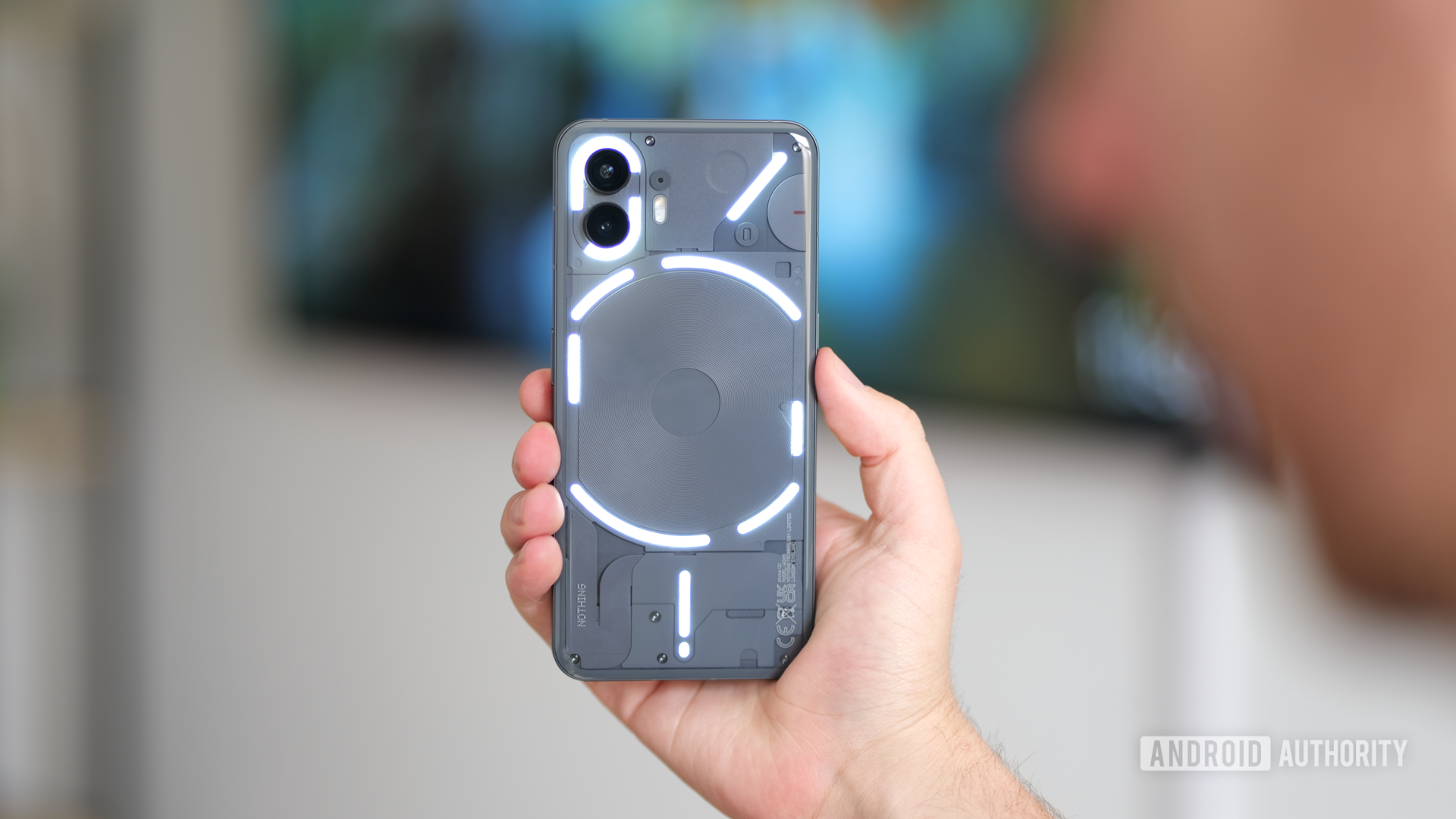Dr. Mark Hyman, health adviser to Bill and Hillary Clinton, thinks we never should have told people to stop eating fat.
In his book, "Eat Fat: Get Thin," Hyman recommends incorporating high-fat foods like salmon and olive oil into a diet focused around vegetables.
The author and doctor led former president Bill Clinton away from strict veganism more than a decade ago by encouraging him to sprinkle the occasional serving of fish and lean meat into his diet, according to the New York Times.
Hyman tells the Times his plan is further informed by his own struggles with weight — after failing to trim down on several types of popular low-fat, carb-heavy diets of the 1990s, he was encouraged to find a better solution. Here's a look at what Hyman eats today.
SEE ALSO: I tried the science-backed 7-minute fitness routine that's going viral, and it actually works
Keep as your cornerstone: Veggies, veggies, and more veggies
Hyman describes his current diet as "a cross between paleo and vegan diets." He doesn't eat much meat or dairy and he avoids foods that are high in sugar or refined carbs.
"About 70 to 80% of your diet should be plant foods," like vegetables, whole grains, beans, and fruits, he tells the Times.
In its most report on the best eating plans, US News and World Report described plant-based diets as "good for the environment, your heart, your weight, and your overall health." If you're curious, there are several different types of plant-based diets to choose from, like the Mediterranean diet and the Flexitarian diet.
Add to your bag: Nuts and seeds
When he's traveling, Hyman says he carries packets of high-fat, protein-rich nuts to snack on, which he says help him avoid making "bad choices" thanks to a last-minute craving.
"I basically have fat and protein as my snacks, and I have enough food in my bag to last an entire day," he said.
Since they're high in protein, nuts can help stabilize blood-sugar levels. Low blood sugar can make healthy people feel hangry (hungry plus angry) and is especially dangerous for people with diabetes.
Nuts are also a good source of fiber, a key nutrient that helps aid digestion and keeps us feeling full.
Swap for margarine: Olive oil
Most of the fat in olive oil comes from a special type of "healthy" or monounsaturated fat. Along with another form of unsaturated fat, polyunsaturated, this type of fat has been linked with several health benefits, from helping to reduce the risk of heart disease to keeping blood-sugar levels steady. Several studies have also found that fats like the type found in olive oil may actually help lower total cholesterol levels.
Still, like any oil, olive oil is rich in calories, so researchers suggest using it in place of other fats, like butter and margarine, rather than simply adding it to your daily diet.
See the rest of the story at Business Insider
from Strategy http://ift.tt/2ru5U2p
via IFTTT

No comments:
Post a Comment